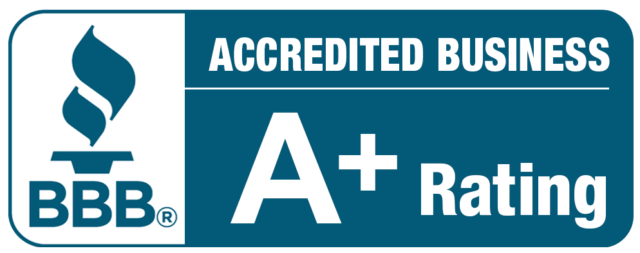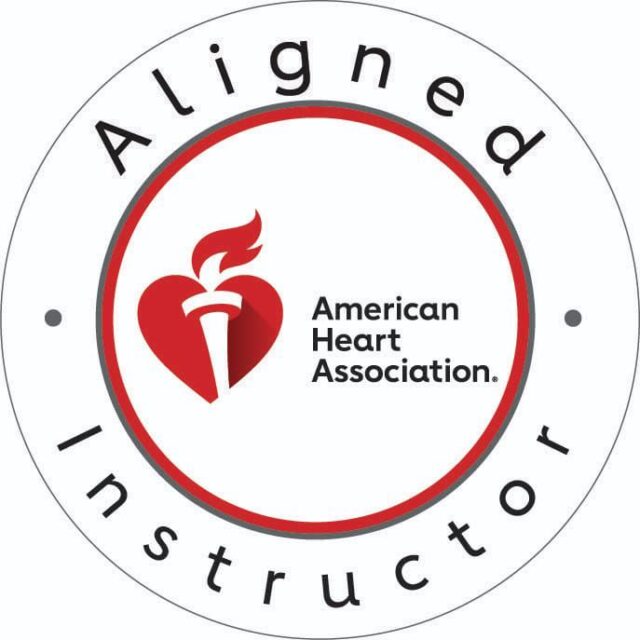One of the barriers to medication adherence besides forgetfulness is the unwillingness of the patient to take their medication, thankfully through effective communication strategies, caregivers can ensure medication compliance.
The importance of communication in client care cannot be overemphasized. For caregivers, ensuring proper medication compliance is a critical aspect of providing quality care to their loved ones. Effective communication plays a vital role in helping caregivers achieve this goal.
By employing various strategic communication strategies, caregivers can enhance understanding, build trust, and encourage medication adherence. In this article, we’ll discuss proven communication strategies that caregivers can utilize to ensure medication compliance among their care recipients.
What Do I Do When a Client Has Refused to Take Their Medication as a Caregiver?
What Are The Communication Strategies to Ensure Medication Compliance?
While you cannot demand or force a client to take their medication, a respectful conversation on The Importance of Medication Adherence can go a long way to get them taking their meds. Here are some communication tips that can help you.
1. Give Clear and Simple Explanations
Patients may find it difficult to manage their medication because they lack understanding of how to properly use and work with it. Where you come in as a caregiver is to ensure they understand that clearly.
Communicate medication information in clear and simple language. Avoid medical jargon and provide explanations that are easy to understand. Ensure that the care recipient grasps the purpose, dosage, and potential side effects of the prescribed medication.
2. Practice Active Listening
Listen actively to the care recipient’s concerns, questions, and fears regarding medications. Show empathy and validate their feelings. By addressing their worries, you can collaboratively find solutions that encourage adherence.
If you have no idea how to go about this, see the detailed explanation in our guide The Importance Of Active Listening In Client Care. Through active listening, you hear the worries of your clients and as such offer them care tailored in that direction.
3. Use Visual Aids
Incorporate visual aids such as charts, diagrams, and pill organizers to help caregivers and care recipients keep track of medication schedules. You can also try out other medication schedule strategies, however, visual aids are usually more helpful.
Visual representations enhance comprehension and make it easier to follow medication routines. See How To Create A Medication Schedule. Keep in mind that each schedule is patient-specific.
4. Work With Regular Check-Ins
Maintain an open line of communication by scheduling regular check-ins. Inquire about the care recipient’s experiences with medication and any challenges they might be facing.
Adjustments can be made based on their feedback. This will help you Personalize Client Care and Implement it.
5. Two-Way Communication
Encourage a two-way dialogue where both you as a caregiver and care recipient can openly express your thoughts and concerns. This fosters a collaborative approach, making the care recipient feel valued and more likely to adhere to the medication regimen.
6. Provide Reasoning
Explain the importance of each medication and its role in managing the recipient’s health condition. When the care recipient understands the rationale behind the treatment, they are more likely to comply.
This strategy comes in handy when you have done the majority of the conversations and the patient is still now understanding why taking their medication regimen seriously is important. You can also bring in their family or a professional to help you out at this point.
7. Ensure You’re Consistent in Communication
Maintain consistency in your communication style and approach. Do not play hard on them today and be complacent the next day. This helps build a sense of familiarity and comfort, reducing confusion and anxiety surrounding medication routines.
8. Utilize Technology
In our guide Technology Solutions for Medication Reminders, we show you the role of technology in managing a patient’s medication regimen.
Leverage technology to set medication reminders and alarms. There are various mobile apps and devices designed to help caregivers and care recipients stay on track with medication schedules.
9. Involve Healthcare Professionals
Do not forget, you are a caregiver. You can only do so much on your own. At some point, you will have to bring in the professionals to help you out. This could be the patient’s doctor or health professional.
Encourage open communication with healthcare professionals. If the care recipient has concerns or doubts about their medications, the prescribing doctor or pharmacist can provide authoritative answers, instilling confidence in the treatment plan.
10. Positive Reinforcement
Celebrate milestones and successes in medication adherence. Positive reinforcement through praise, rewards, or small gestures can motivate the care recipient to continue following their medication regimen diligently.
Effective communication is a cornerstone of successful caregiving, particularly when it comes to ensuring medication compliance. By adopting these ten communication strategies, you as a caregiver can create an environment of understanding, trust, and collaboration that fosters adherence to prescribed medications. Ultimately, this leads to improved health outcomes and a higher quality of life for the care recipients under their watchful care.
If you are in Indiana and you are looking for How to Access Homecare Services, we at Good Hands Home Care are there to offer you the best care. If you are a caregiver seeking to work with our team, there is a $2/hour Bonus Ongoing Now at Good Hands Home Care.




